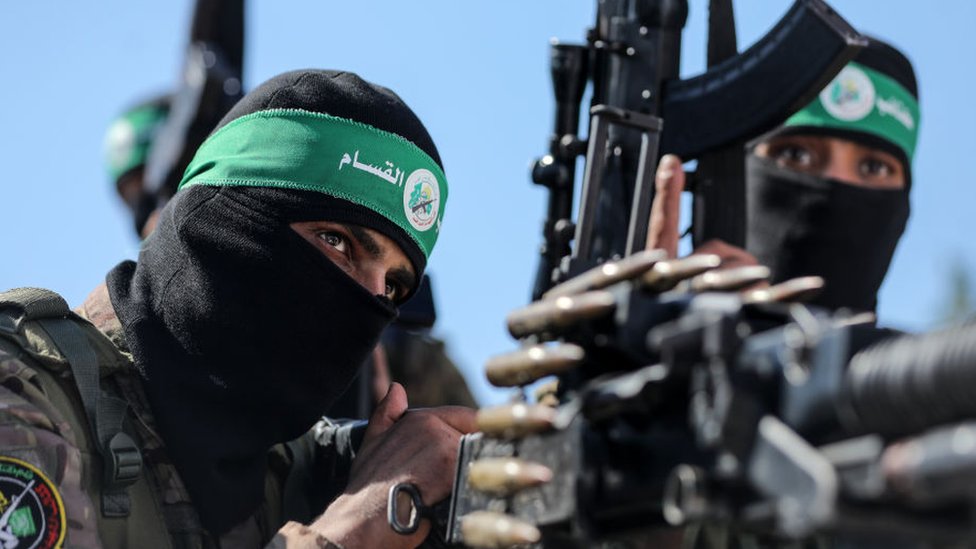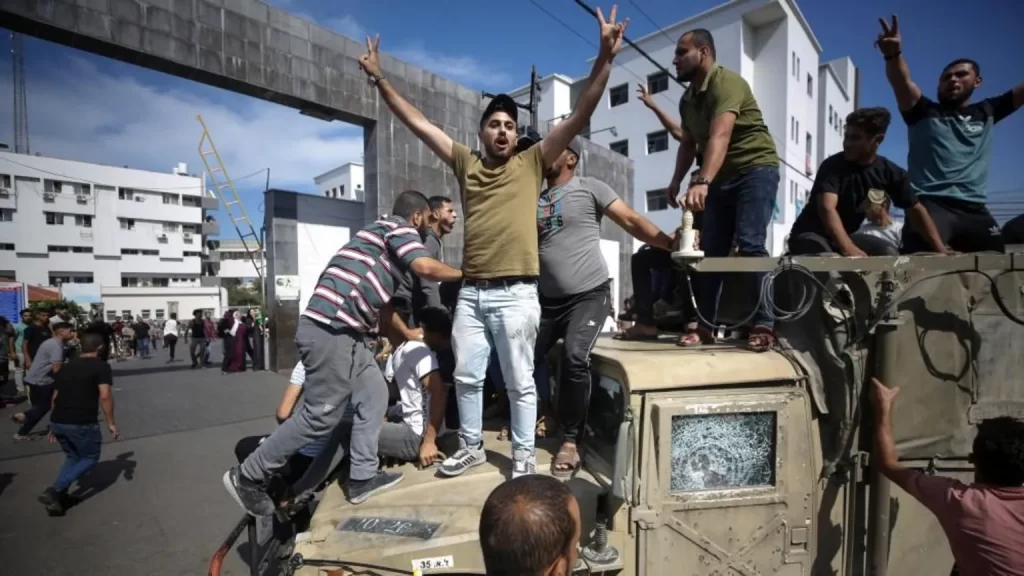One of Gaza’s most influential Islamic scholars has issued a rare and forceful religious ruling condemning Hamas’s October 7 attack on Israel, arguing that the assault violated fundamental Islamic principles and brought catastrophic consequences to the Palestinian people.

Professor Dr. Salman al-Dayah, former dean of the Faculty of Sharia and Law at the Hamas-affiliated Islamic University of Gaza, published a detailed six-page fatwa criticizing the militant group for “violating Islamic principles governing jihad.” The ruling represents a significant challenge to Hamas, which frequently employs religious justification for its actions against Israel.
“If the pillars, causes, or conditions of jihad are not met, it must be avoided in order to avoid destroying people’s lives,” al-Dayah wrote in his ruling. “This is something that is easy to guess for our country’s politicians, so the attack must have been avoided.”
The scholarly rebuke comes as Gaza faces unprecedented devastation following Israel’s military response to the October 7 attack, in which Hamas gunmen killed approximately 1,200 people and took 251 hostages. The Hamas-run health ministry reports more than 43,400 Palestinians have been killed in Israel’s subsequent military campaign.
Al-Dayah’s fatwa, a non-binding Islamic legal opinion, argues that the massive civilian casualties and destruction of infrastructure in Gaza directly contradict Islamic teachings. He cites specific Quranic verses and prophetic traditions that establish strict conditions for conducting jihad, including avoiding actions that could provoke disproportionate retaliation.

“Human life is more precious to God than Mecca,” al-Dayah declared in the document, while criticizing Hamas for failing to protect Palestinian civilians and maintain essential services. The scholar emphasized that Islamic law requires military actions to not trigger responses exceeding their intended benefits.
The ruling carries particular weight given al-Dayah’s status as a moderate Salafist scholar who has long opposed both Hamas and Palestinian Islamic Jihad. His fundamentalist approach, seeking to follow the example of the Prophet Muhammad and early Muslim generations, places him at odds with Hamas’s political ideology and its alliance with Shia-ruled Iran.
“Our scholar refused to leave his home in northern Gaza despite the fears of Israeli air strikes. He chose to fulfil his religious duty by issuing his legal opinion on the attack,” said Sheikh Ashraf Ahmed, one of al-Dayah’s students who fled Gaza City with his family. Ahmed described the fatwa as “the most powerful legal judgment of a historical moment.”
Al-Dayah has consistently advocated for an Islamic caliphate adhering strictly to religious law, rather than political party systems. “Our role model is the Prophet Muhammad, who founded a nation and did not establish political parties that divide the nation. Therefore, parties in Islam are forbidden,” he stated in an earlier sermon.
The scholar’s condemnation adds to growing debate within Gaza and the broader Arab world over Hamas’s actions. His fatwa is expected to intensify discussions about the legitimacy of armed resistance tactics in the Palestinian-Israeli conflict, particularly given his reputation for issuing thoughtful religious guidance on issues ranging from commercial transactions to political violence.



